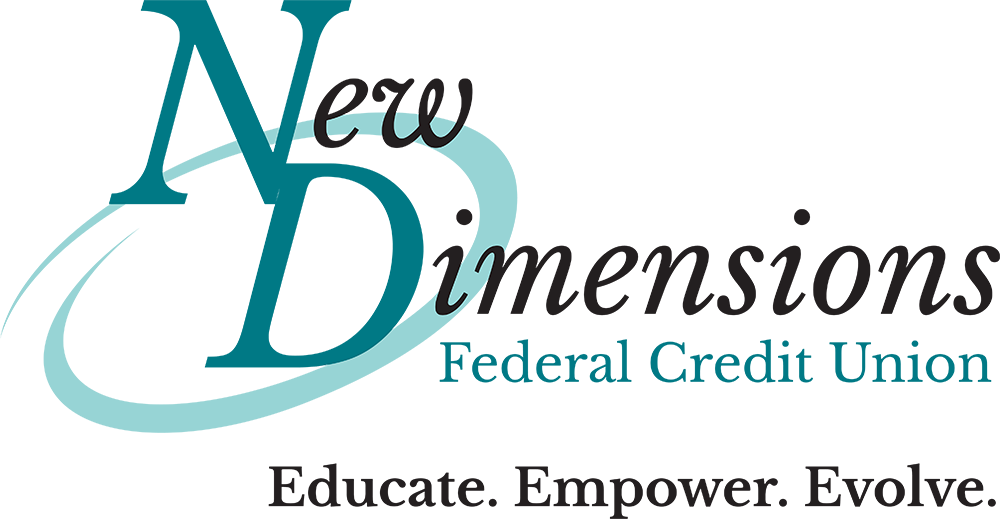Loud Budgeting Could Be the Key to Countering “Money Dysmorphia” for Young Adults!
Did You Know? Loud Budgeting Could Be the Key to Countering “Money Dysmorphia” for Young Adults!
In today’s financial landscape, young adults often face a complex relationship with money, commonly referred to as “money dysmorphia”—a distorted perception of their financial health and spending habits. This can lead to stress, confusion, and poor financial decision-making. However, an emerging trend known as Loud Budgeting is offering a practical solution. Unlike traditional budgeting methods, Loud Budgeting encourages transparency, community, and accountability, helping young adults gain a clearer understanding of their finances.
According to CNBC’s “Money Dysmorphia” article published in March 2024, “roughly 43% of Gen Z and 41% of millennials struggle with comparisons to others and feel behind financially.”
Have you ever found yourself in this situation? You’re out with friends, and they suggest going to a pricey restaurant. You’re trying to save for an upcoming bill, but you don’t want to be the one to dampen the mood. So, you go along, fully aware that you’ll be stressing about that bill later—maybe even considering borrowing money to cover it.
How Loud Budgeting can help!
Loud Budgeting offers a fresh approach to situations like this, where social pressure meets financial responsibility. Unlike traditional budgeting methods that focus on private, individual tracking, Loud Budgeting encourages open and honest discussions about your financial goals with your friends and family. By being upfront about your budget and what you’re saving for, you create boundaries that help protect your finances while also setting expectations with your social circle. Instead of silently stressing about how you’ll manage your expenses later, Loud Budgeting empowers you to make decisions in the moment that align with your financial priorities—without the guilt.
Best Practices:
- Choose Your Audience Wisely: Share your budget with supportive and non-judgmental people.
- Set Clear Goals: Define what you want to achieve with your budget.
- Regular Updates: Consistently share your progress and setbacks.
- Use Technology: Utilize apps and social platforms to make sharing easier and more interactive.
- Be Honest: Transparency is vital to making loud budgeting work.
- Protect Personal Information: Do not share personal identifying details (e.g., Social Security numbers, account numbers) that could be used fraudulently.
Pros:
- Increased Accountability: Sharing your goals can keep you motivated and committed.
- Support System: Gain encouragement and advice from your network.
- Enhanced Discipline: Regular updates can help you stick to your budget.
Cons:
- Privacy Concerns: Sharing financial details might feel uncomfortable or invasive.
- Judgment Risk: Exposure to criticism from others can be discouraging.
- Social Pressure: Pressure to conform to group expectations might lead to stress.
Determining if Loud Budgeting is the right fit for you hinges on your comfort level with sharing personal financial information and your desire for external accountability. Reflect on your preferences and choose the approach that best aligns with your financial goals. We encourage you to prioritize your financial stability and make it a standard practice in your life—after all, protecting your future should always come first.
If you want to discuss this topic further or set up a budget that works for you, please contact Carrielyn Reynolds at creynolds@newdimensionsfcu.com or call (207) 872-2771 to schedule a one-on-one appointment.
